Slush, Restaurant Day, Angry Birds. What could be the next Finnish success story?
The answer is empathy – at least if you ask Virve Miettinen, a Made in Empatia team member. According to Miettinen, empathy is the new Finnish sisu. It is the glue that prevents us from separating ourselves into our own bubbles away from the realities of one another. It is the key to the success of work communities and for changing entire societies.
“In order to resolve problems that are more complicated, we have to work better together.”
“Finns are internationally known for their sisu, which allows them to overcome any obstacle without help. In today’s world, however, that alone is not enough. Empathy is increasingly important. In order to resolve problems that are more complicated, we have to work better together,” Miettinen says.
According to the team, empathy is now needed more than ever, as hate speech and racism are on the rise. “And when robotics develops further, what will be left for people? The tasks that require empathy, interaction skills and co-operation skills. We must be prepared,” Miettinen says.
Miettinen and the other “empathy advocates” in the team want to make Finland the most empathetic country in the world. Made in Empatia is a non-profit brand that does not have an official owner. The intention is to build a societal movement around it, to which everyone is free to join. As part of the campaign, individuals, work communities and schools can learn empathy as a skill. Participating partner networks can take empathy training to work communities, among other places.
“When robotics develops further, what will be left for people? The tasks that require empathy, interaction skills and co-operation skills.”
“It is the start of a huge snowball with a surface that holds different types of products and services that promote empathy.”
The means by which participating companies communicate their participation is still being worked on. The concept serves as a platform where people can discover things on their own without everything being predefined in a top-down manner. According to Miettinen, empathy as a theme speaks to us all, so it is easy for people to find their roles.
“Slush, Restaurant Day and Linux have all stemmed from the same operational culture. They work on a platform principle and aim to connect communities to projects that benefit everyone.”
The spearhead of Made in Empatia was originally in the culture sector, because people naturally expose themselves to encounters and see things from the other’s perspective through culture. During the competition process, however, the team understood that major societal change must come from many directions.
“Empathy is easily seen as fluffy, but we want to take it into working life, to the business sector and to schools – places where we spend a large portion of our days.”
The team believes that empathy is a civic skill for our daily lives, one that everyone needs to manage in increasingly diverse societies. “What could be accomplished if things were seen through the eyes of the customer or boss? Or with consideration for how a classmate who is different from me feels?” According to Miettinen, “better leadership, better services and products, at the very least. Even better democracy.”
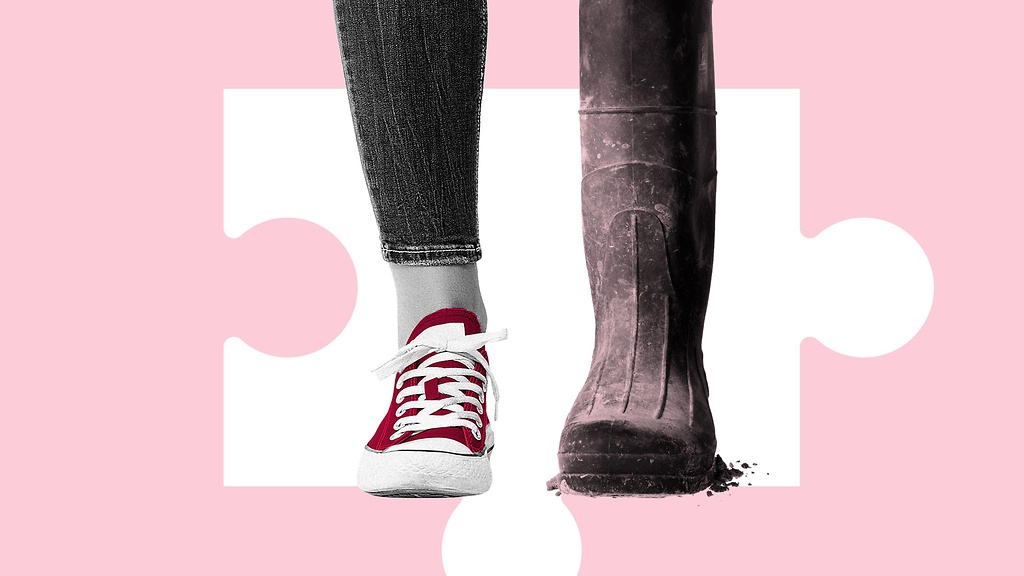
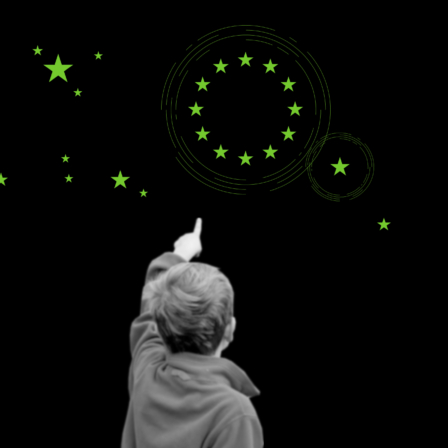
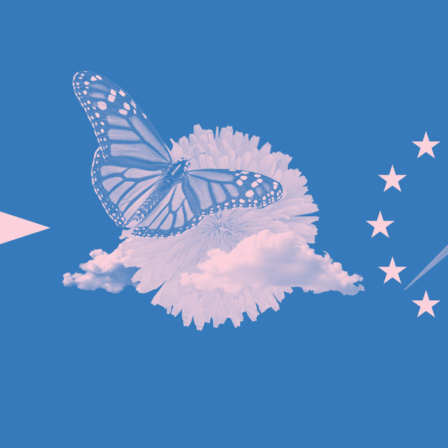
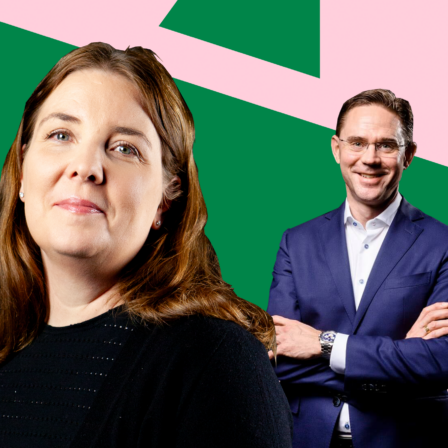
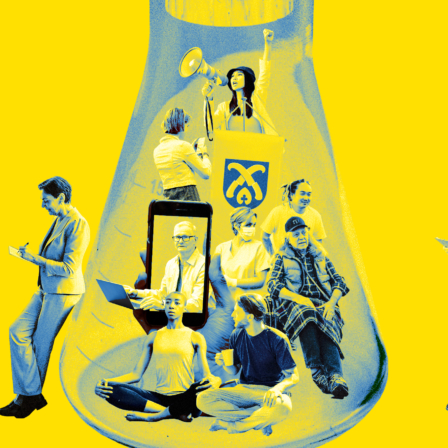
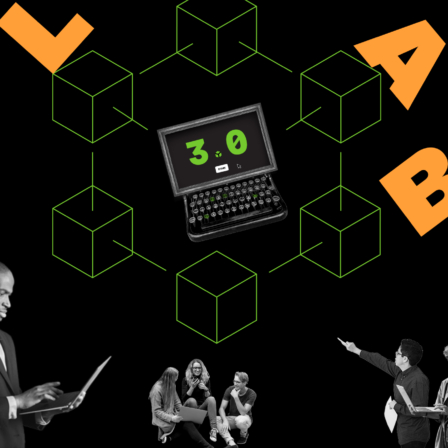
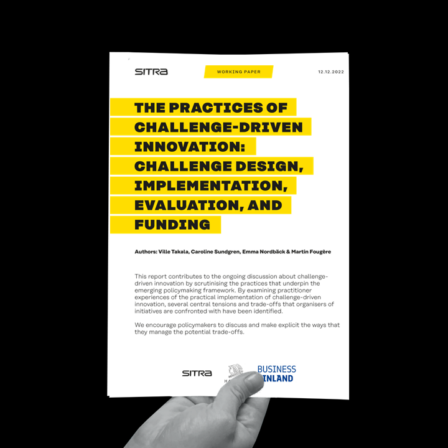
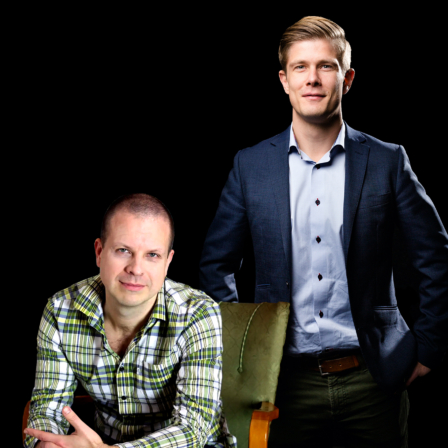
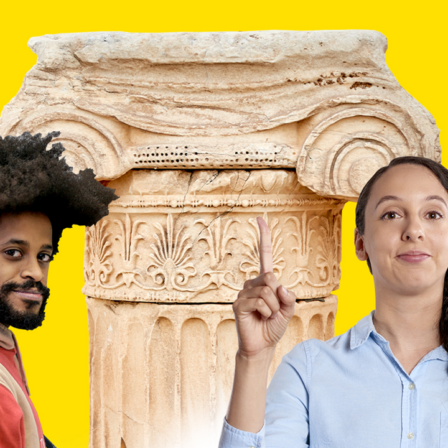
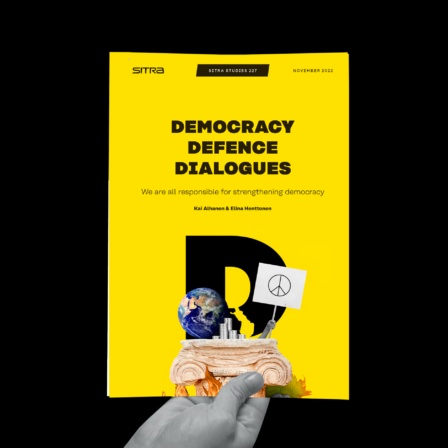


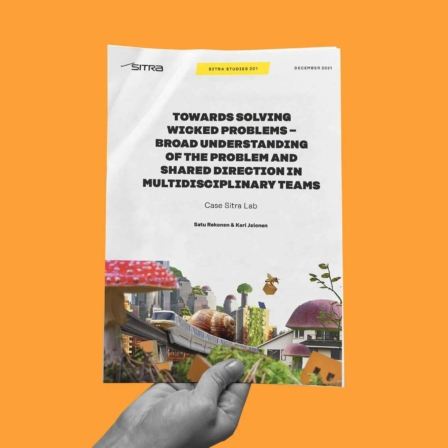
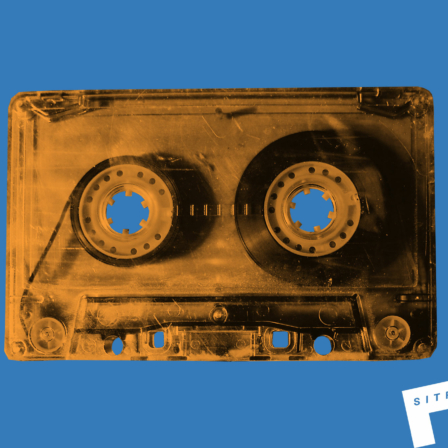

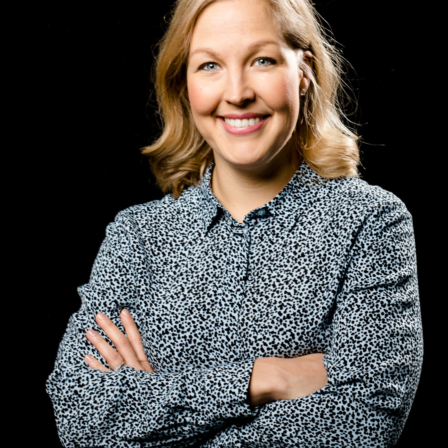
Recommended
Have some more.